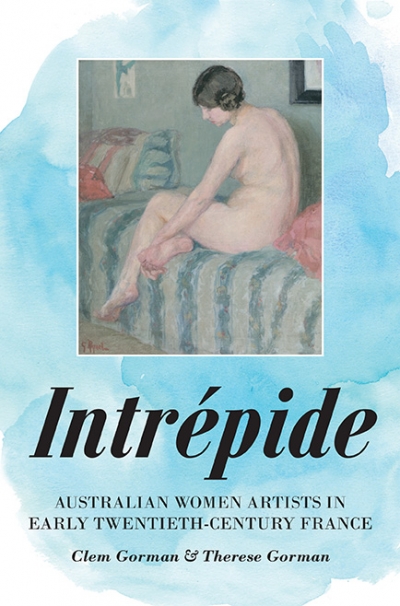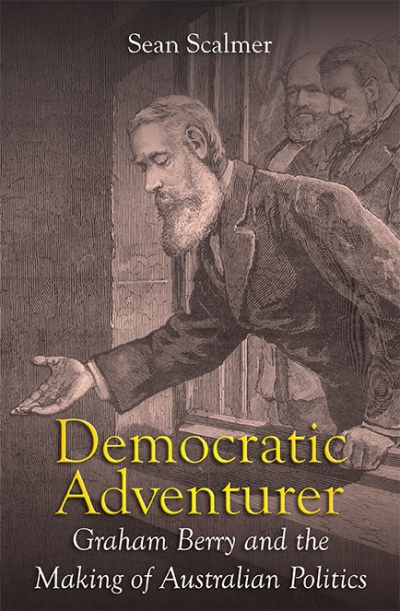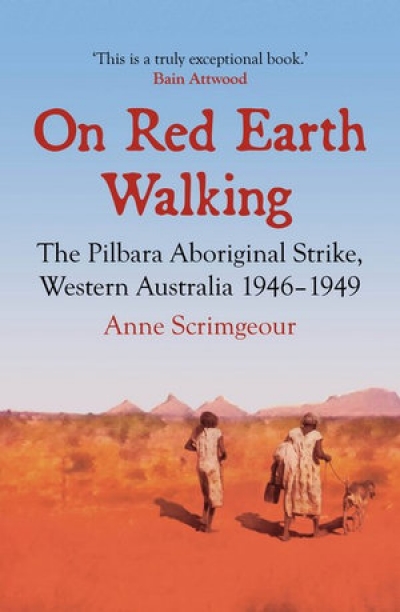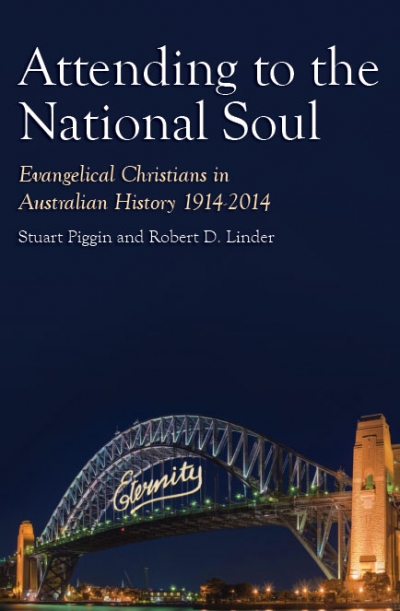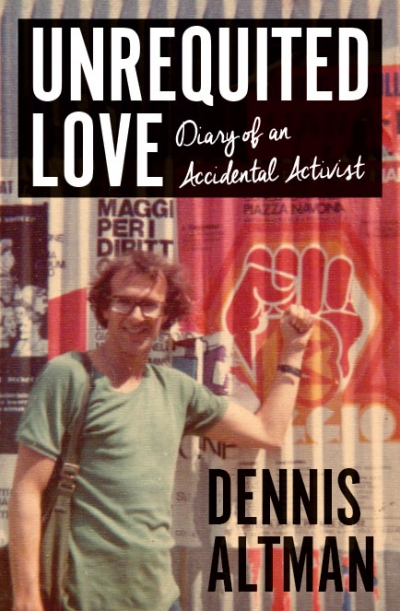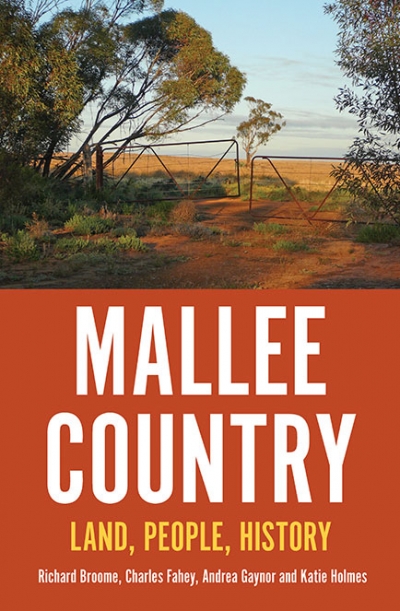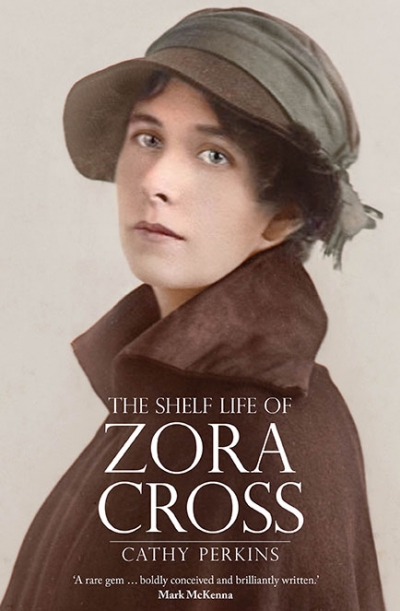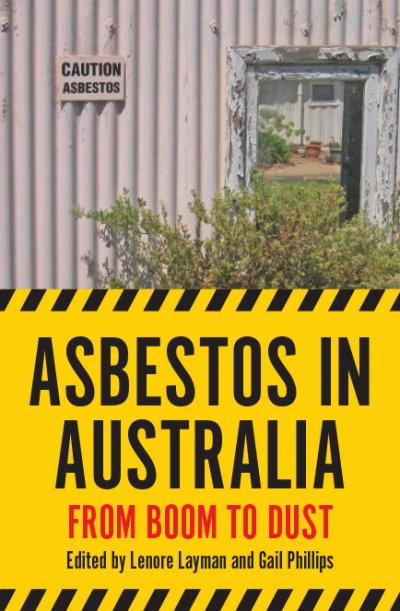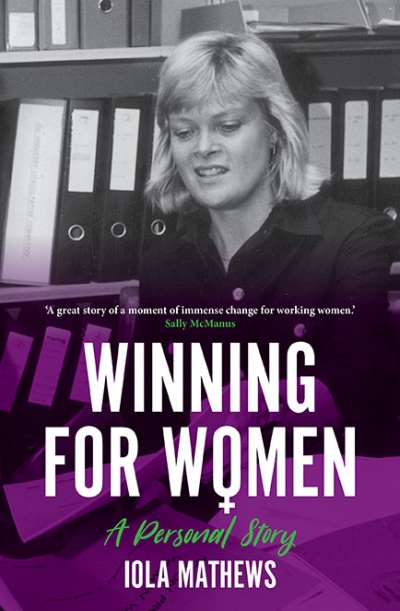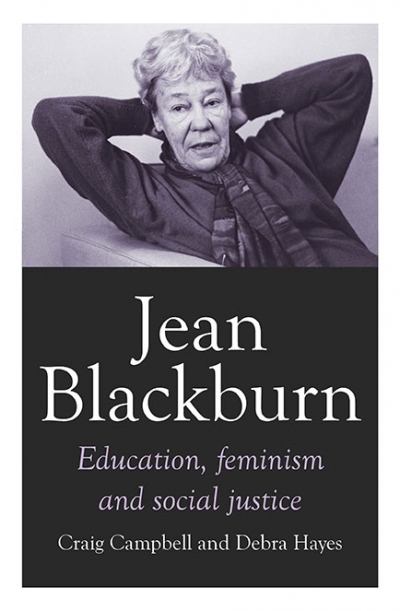Monash University Publishing
Intrépide: Australian women artists in early twentieth-century France by Clem Gorman and Therese Gorman
by Jane Sullivan •
Democratic Adventurer: Graham Berry and the making of Australian politics by Sean Scalmer
by Benjamin T. Jones •
On Red Earth Walking: The Pilbara Aboriginal strike, Western Australia 1946–1949 by Anne Scrimgeour
by Jan Richardson •
Attending to the National Soul: Evangelical Christians in Australian history 1914–2014 by Stuart Piggin and Robert D. Linder
by Hugh Chilton •
Unrequited Love: Diary of an accidental activist by Dennis Altman
by Sebastian Sharp •
Mallee Country: Land, people, history by Richard Broome et al.
by Lilian Pearce •
Asbestos in Australia: From boom to dust edited by Lenore Layman and Gail Phillips
by Graeme Davison •
Jean Blackburn: Education, feminism and social justice by Craig Campbell and Debra Hayes
by Ilana Snyder •

